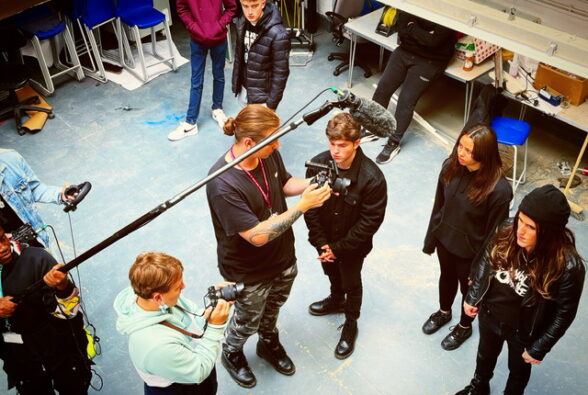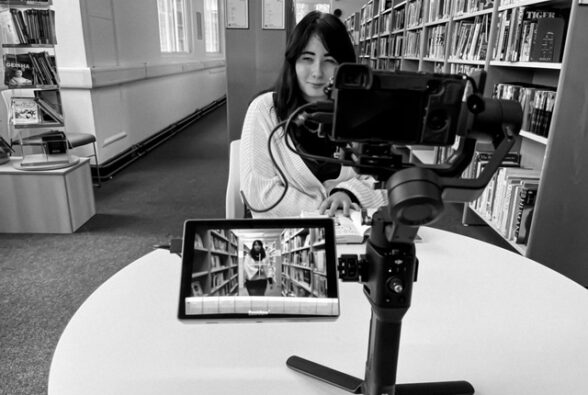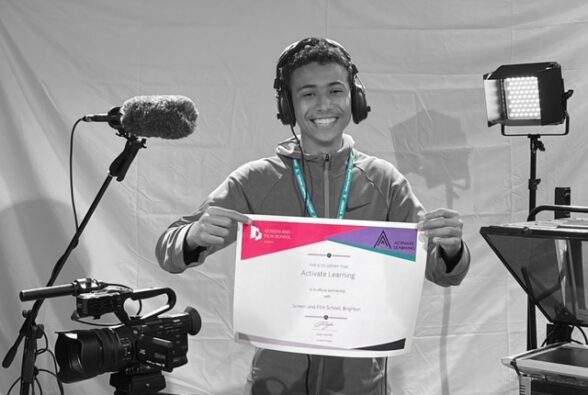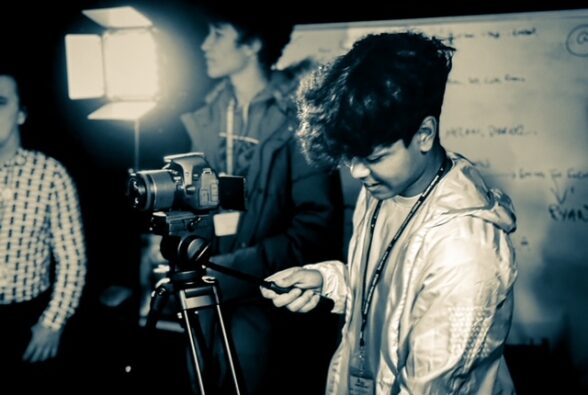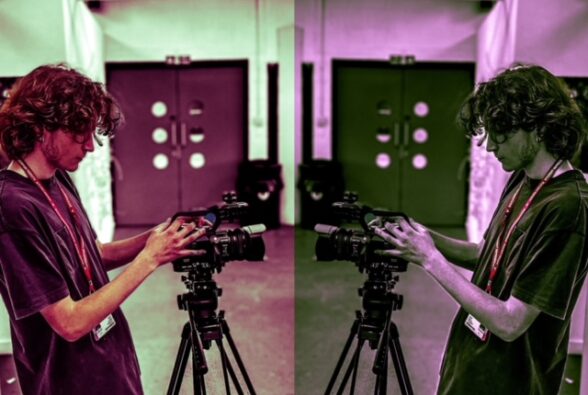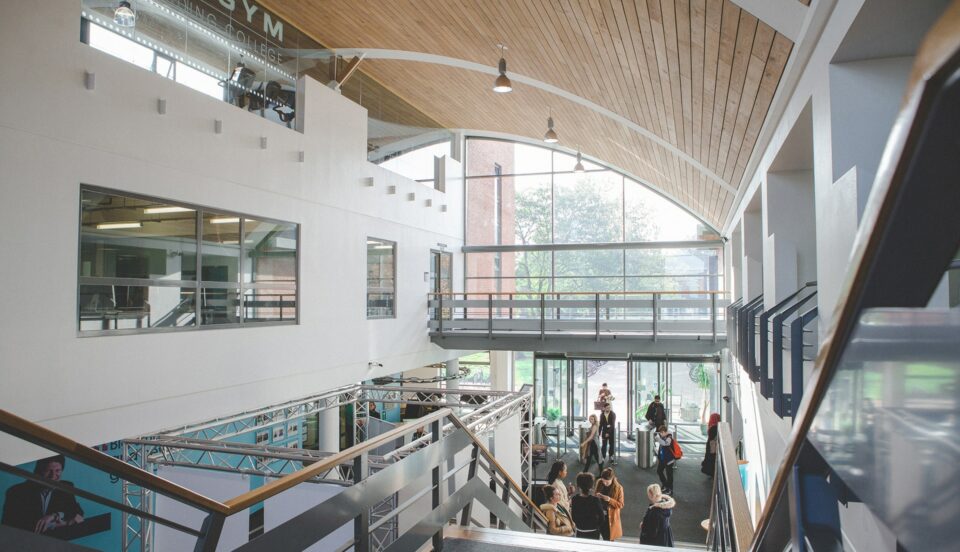To help develop your maths problem-solving and analytical skills this course allows you to study core areas. Pure core mathematics will build ideas in algebra and functions, sequences and series, geometry, trigonometry and calculus, followed by the conceptual foundations for applications in statistics and mechanics and beyond.
You will also develop an understanding of advanced mathematics and appreciate some of its powerful applications.
What you'll learn
The course includes four units of pure maths and then your study will include the following:
- Unit 1: core 1 algebra and functions – coordinate geometry in the (xy) plane sequences and series, differentiation integration
- Unit 2: core 2 algebra and functions – coordinate geometry in the (xy) plane sequences and series, trigonometry exponentials and logarithms, differentiation integration
- Unit 3: statistics 1 or mechanics 1. mathematical models in either probability and statistics or in mechanics. The course is modular and students will study two modules consisting of pure mathematics, and either mechanics or statistics, per year
- Unit 4: core 3 algebra and functions, trigonometry exponentials and logarithms, differentiation, numerical methods
- Unit 5: core 4 algebra and functions – coordinate geometry in the (xy) plane sequences and series differentiation integration vectors
- Unit 6: statistics 1, statistics 2, mechanics 1 or mechanics 2
How you'll learn and be assessed
You will develop an understanding of advanced mathematical techniques and of coherence, connectedness and progression in mathematics. Importantly, you will practice using these techniques in difficult, unstructured problems.
You will practice the learning skills necessary for successful further academic study or employment, including persistence, effort, listening to and working with others, taking responsibility and managing your time.
By the end of the course you will have benefited from individual support, including clear advice about higher education and careers.
Formal assessment is through public examinations in June of year 2 (three 120 minute papers).
Your progress will be assessed informally throughout, including through assessment tests, broadly twice each term. Your suitability to continue your studies into Year 2 will be assessed by internal examinations in May/ June of Year 1.
Entry requirements
Applicants should have five GCSEs at grade 5 or above, including English. Maths at grade 6 is required.
Additional information
You will need (for year 1): An advanced scientific calculator; we recommend the Casio fx-991EX as a minimum (around £30), or alternatively, the Casio graphical calculators fx-9750, fx-9860 or fx-CG20 (around £60, £80 and £110 respectively).
